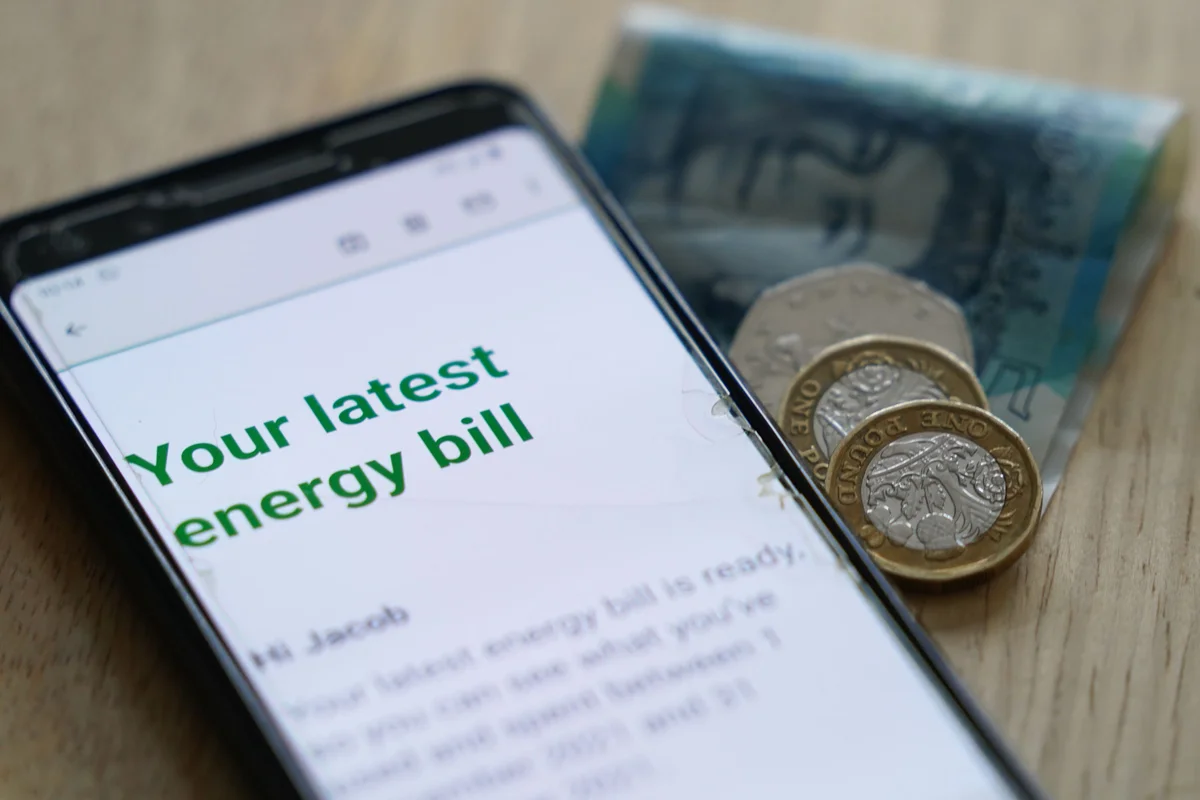By Josie Clarke
Copyright independent

A targeted social tariff offering discounted energy bills to those who need it most could lift millions out of fuel poverty in England and Wales, according to a report.
The report for energy firm Ovo by the Green Alliance think tank found a social tariff providing discounted energy bills for low-income households would lift more people out of fuel poverty than current support schemes while also preventing a squeeze on middle earners.
Ovo said it supported targeting households with unavoidable higher-than-average energy demand, such as those who live with disabilities, are older or live in high occupancy homes.
It urged the Government and industry to work together to find a “better way” of identifying these customers in need, using data that existed across the public and private sector.
The report models three scenarios, including a ‘same cost, higher impact’ tariff matching the current £2.25 billion cost of the Warm Home Discount and Winter Fuel Payment schemes that it claims could reduce fuel poverty by 12% of households, potentially lifting more than one million families out of fuel poverty.
A broader, tiered tariff structure could cut fuel poverty by 19%, increasing to 26% if combined with improved minimum energy efficiency standards in rented homes announced by the Energy Secretary last year, it said.
A more targeted “deep and narrow” social tariff, designed to fully close the average fuel poverty gap for the two lowest income deciles, where fuel poverty is most prevalent, could reduce fuel poverty by 42%.
A survey for the report found that 67% of the public support the introduction of a social tariff.
Fuel-poor households are those who spend more than 10% of their income after housing costs to power and heat their homes.
There are now nine million fuel-poor households in England, higher than at the height of the energy crisis.
Fuel-poor households needed an extra £407 a year to escape fuel poverty in 2024 – a 62% jump since 2020, the report said.
With the Warm Home Discount primarily targeted at households receiving means-tested benefits, more support was needed for those on lower incomes struggling to pay bills but who did not receive benefits, Ovo said.
Ovo chief executive David Buttress said: “Families cannot keep living on a knife edge, worrying how they will afford their bills each winter.
“With gas prices still volatile, this crisis will not fix itself. The Government has the power to change things, but only if it acts now to deliver a progressive and targeted social tariff.”
Shaun Spiers, executive director of Green Alliance, said: “Everyone has a right to a warm home in winter yet nine million households in England are still struggling to afford their energy bills following the fossil fuel price shock.
“The Government’s warm home discount provides a helping hand, but it has not kept pace with inflation and is only having a limited impact in reducing the number of households paying more than 10% of their income on gas and electricity bills.
“A social tariff could better protect households from volatile energy prices, which are a particular problem for those with low disposable incomes or unable to reduce their energy demand.
“With the increasingly unstable geopolitical environment affecting fossil fuel prices, there has never been a better time to ensure struggling households are properly insulated from volatile energy prices with a social tariff and warm home policies.”
Strand Partners surveyed 1,014 UK adults online between September 5-8.



